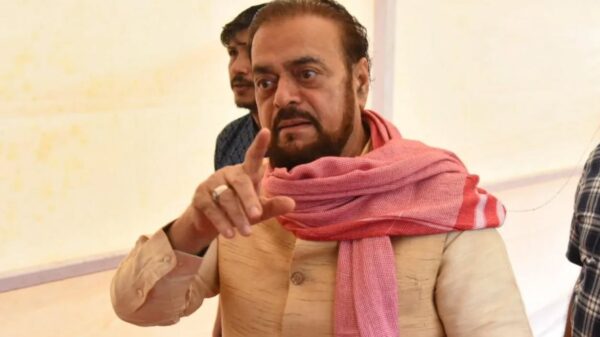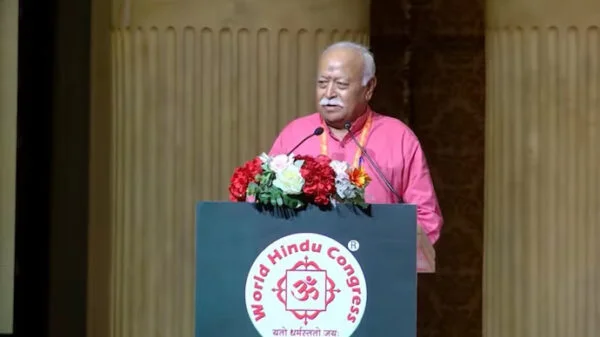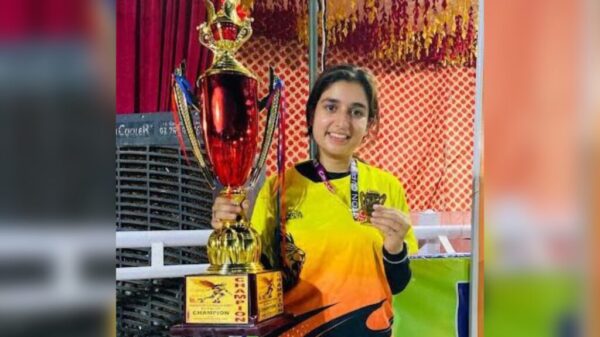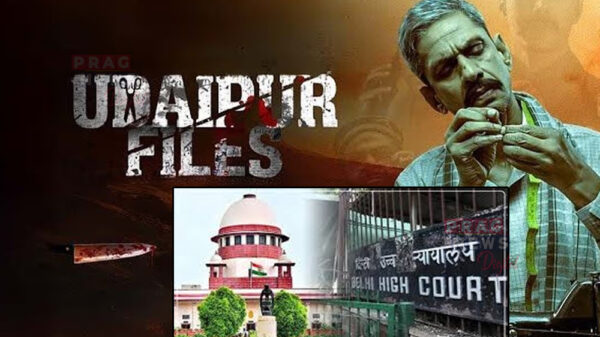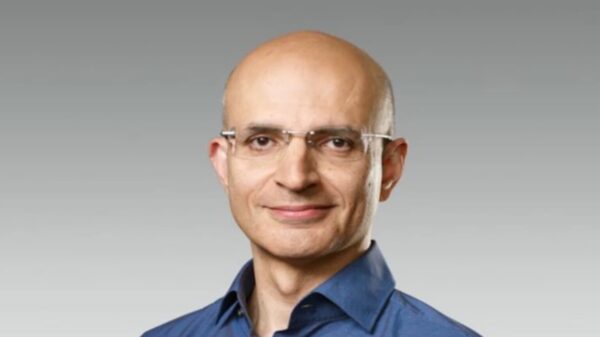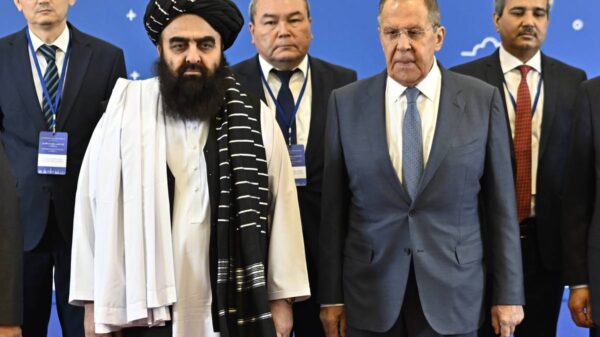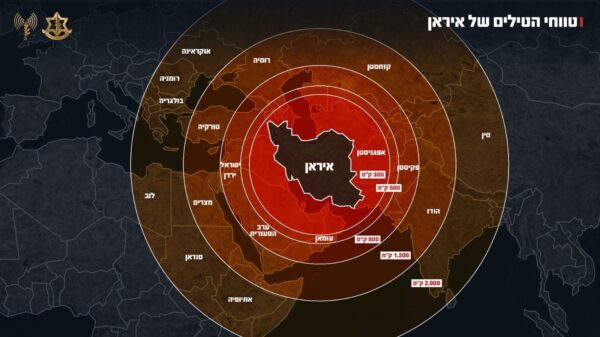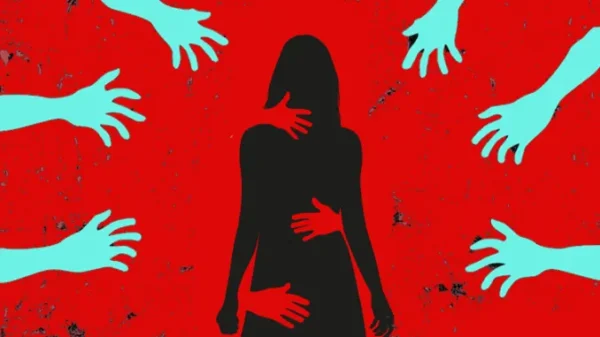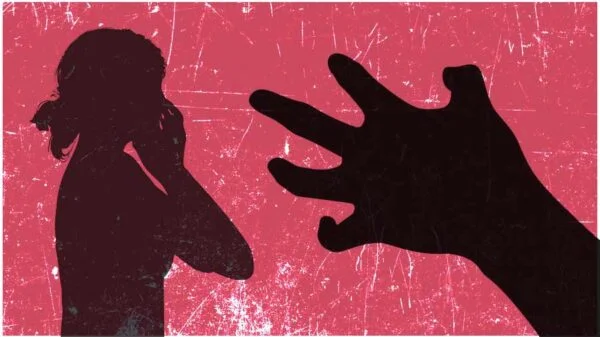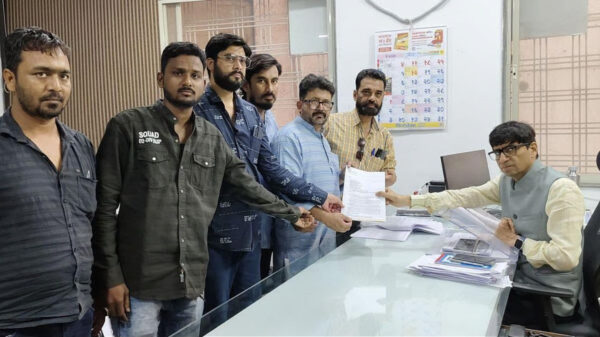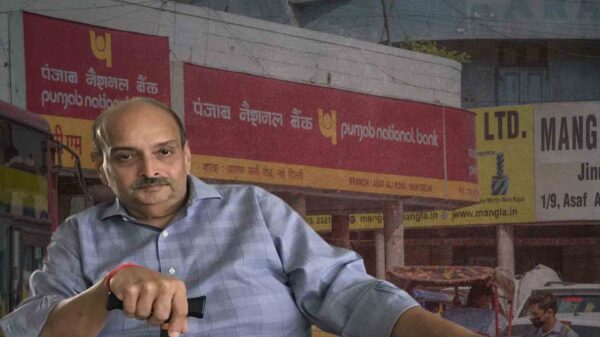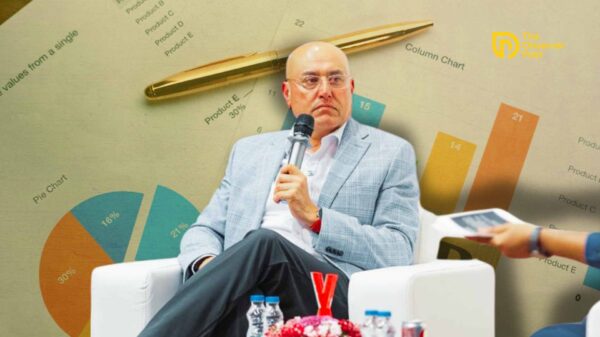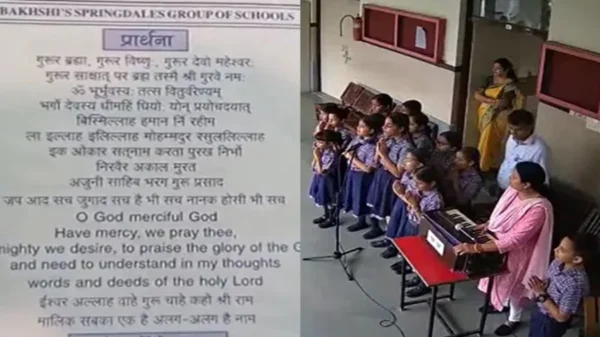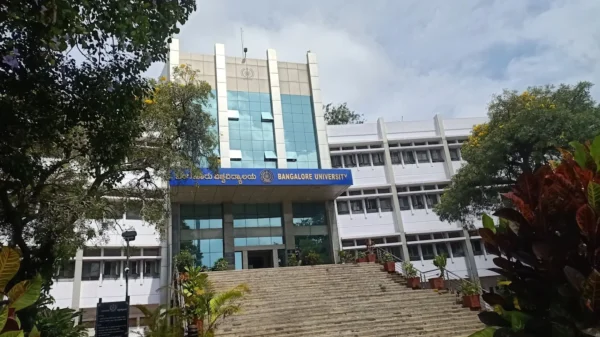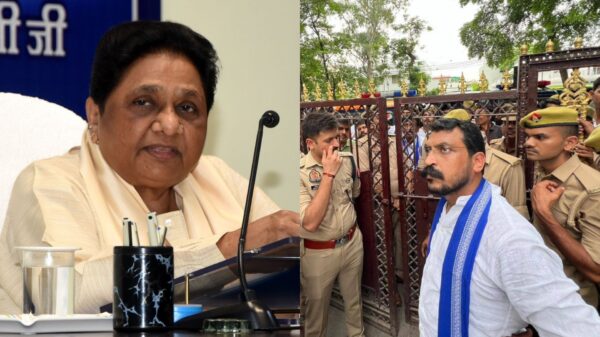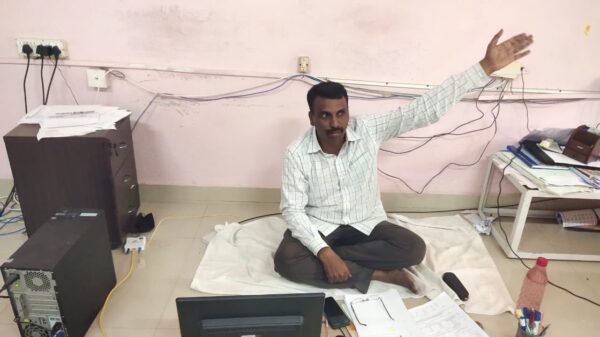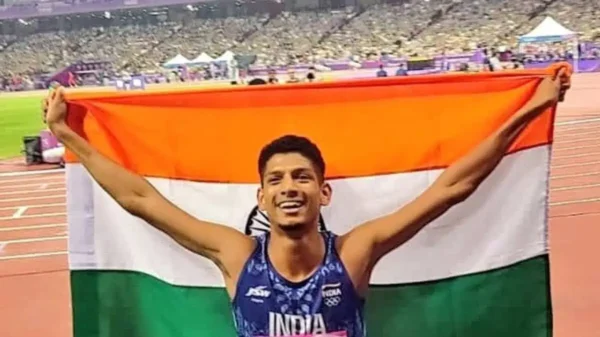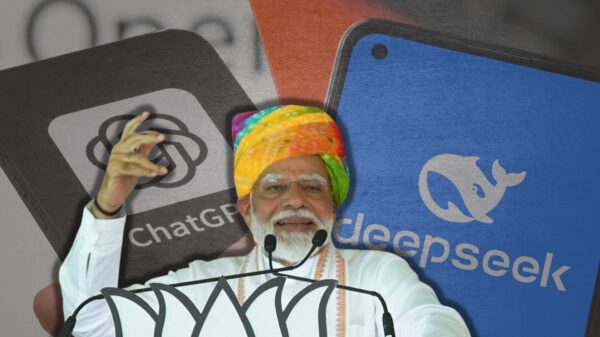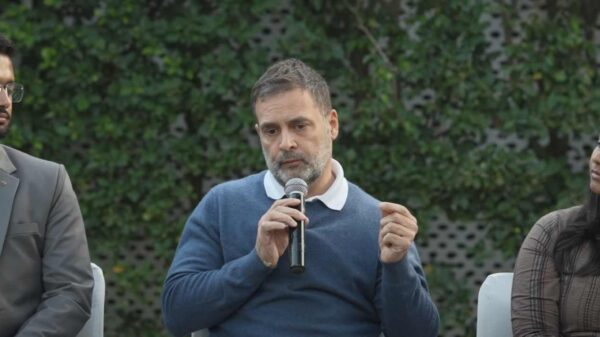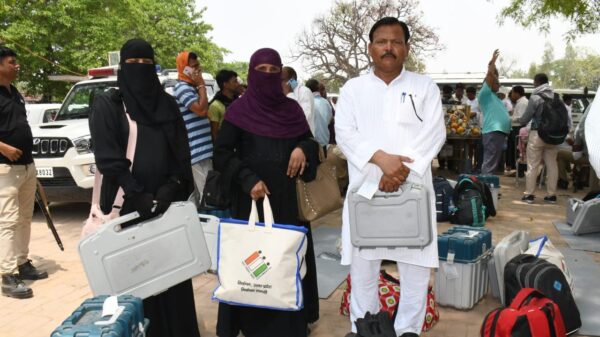At the 60th convocation of IIT Madras, Chief Justice of India, D Y Chandrachud, emphasized the critical role of technology, particularly social media and artificial intelligence (AI), in fostering communication and efficiency across diverse audiences. However, he also stressed the importance of creating safeguards against misuse to protect human values and individual privacy.
The Chief Justice asserted that new technology cannot exist in a vacuum; instead, it should be designed with benign features to ensure reliable and affable use. He expressed concern about the negative behaviors that have emerged with the advent of social media, such as online abuse and trolling, and pointed out that AI carries the potential for misuse, manipulation, and bullying of individuals.
“Technology should not instill fear in the minds of its users through online abuse or harassment. AI recruitment tools, for instance, have shown signs of discrimination and bias,” Justice Chandrachud stated, underlining the importance of addressing these issues to uphold ethical practices.
The Chief Justice urged the graduating students and future technology creators to reflect on the values their technology represents and the affordances it offers. He clarified that by “values,” he did not refer to the monetary worth of innovations but to the principled values they embody and further in the context of their deployment.
“When deploying AI or any technology, keep in mind the values it represents and the affordances it creates,” he emphasized.
Justice Chandrachud also highlighted the positive potential of technology when used responsibly. During the Covid-19 pandemic, the Supreme Court conducted an impressive 43 million virtual hearings, while courts across the country followed suit to ensure inclusivity and access to justice for lawyers and litigants.
The “tele law” facility, an initiative that provided legal services, particularly to women and children, was another example of how technology can be put to good use. Moreover, the apex court recently introduced an AI system for transcribing live proceedings on an experimental basis, indicating its commitment to leveraging technology for enhancing efficiency and transparency in legal proceedings.
The Chief Justice acknowledged that no technology can be truly neutral in a real-world context, as technological use inevitably reflects human values. “Therefore, values matter. Science and technology can empower us to secure our liberty, equality, and social justice,” he proclaimed, underlining the significance of our Constitution in laying the foundation for individual rights and freedoms.
During the convocation, a total of 2,571 students graduated, and an impressive 453 doctorate degrees were conferred, including 19 joint degrees with foreign universities. IIT Madras took a step further by becoming the first institute in India to establish an international campus in Zanzibar (Tanzania), offering four-year MS and two-year BS courses in data science and AI.
The Chairman of the Board of Governors at IIT Madras, Pawan Goenka, highlighted the institute’s commitment to research, noting that its spending on research activities has grown from Rs 250 crore in the past to an impressive Rs 1,000 crore now.






